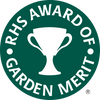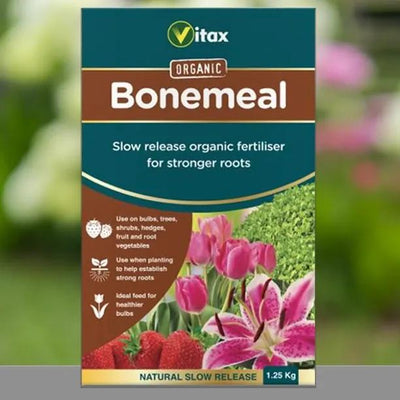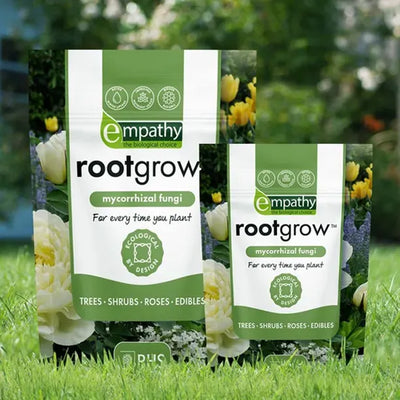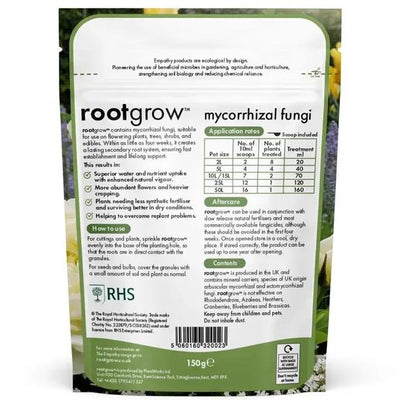 Delivered across the UK
Delivered across the UK Which Best Plant Supplier 2025
Which Best Plant Supplier 2025 1 Year Bareroot Plant Guarantee
1 Year Bareroot Plant Guarantee
About Dunkertons Late Cider Apple Trees
Dunkertons Late Cider Apple Trees
The Dunkertons Late apple tree produces a late season cider apple.
Browse our full range of apple trees for sale or see the full variety of fruit trees available online.
Features
- Use: Cider. Sweet.
- Spur Bearer: suitable for cordons & espaliers, trained on wires.
- Tree's growth habit: Average vigour.
- Harvest: Early November.
- Cider apples should be pressed for their juice as quickly as possible.
General description of Dunkertons Late:
This sweet cider apple makes a light, fruit brew by itself, almost good enough to qualify for vintage status. Adding a few other types of apple will round out the flavour and give it more body. These fruit are green when they're young, turning slightly yellow (occasionally with a touch of red, if the winter is sunny) when they're ripe.
Rootstocks:
All of our Dunkertons Late trees are grown on MM106 rootstocks.
Pollination Partners for Dunkertons Late:.
Your trees are self sterile and their flowers must be pollinated to make fruit.
Dunkertons Late is in pollination Group D.
This means that they'll cross-pollinate with other apple trees in pollination Groups C, D and E.
See our Guide to Apple Tree Pollination for a full list of partners & more tips about pollination.
Dunkertons Late Disease notes:
Disease resistance: Scab
History & Parentage:
This Somerset apple was found by Mr Dunkerton in his orchard in Baltonsborough, during the 1940's.
How Apple Trees are Measured & Delivered:
Our fruit trees are delivered in up to 3 shapes and you can also buy selected apple trees as ready made cordons.
Maiden: This unbranched tree is the smallest starting size. You can train maidens into espaliers and cordons.
Cordon: Dunkertons Late trees are spur-bearers, so they can be made into cordons and espaliers.
Bush: This is a style of freestanding tree with a short trunk of about 60cm. It'll grow to about 3 metres tall.
Half-Standard: This is a freestanding style that will grow into a full sized, "normal" apple tree, about 4 metres tall.













 Secure, One-Tap Checkout
Secure, One-Tap Checkout
 Hand Picked, Delivered to Your Door!
Hand Picked, Delivered to Your Door! 1 Year Bareroot Guarantee
1 Year Bareroot Guarantee













